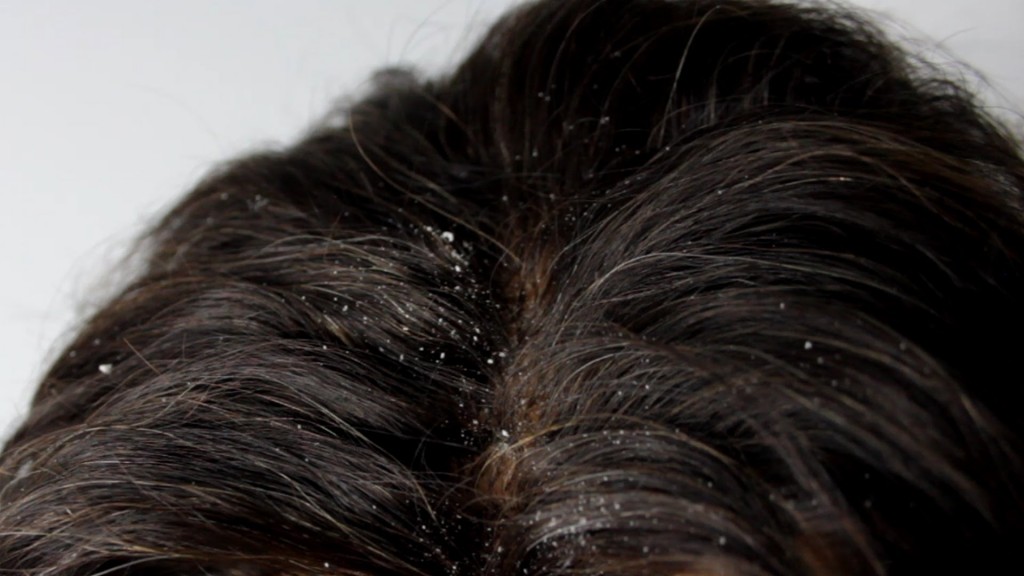Many people pay a good deal of attention to their hair because it is one of the first things others see. The hair can say a lot about how a person grooms himself, but it can tell you more. As a matter of fact, the condition of a person’s hair can be an indicator of what’s happening on the inside. It can say a lot about a person’s health because it is connected to our bodies as well. For some people, a bad hair day everyday can be a telltale sign that a visit to the doctor is due. Here are some conditions to watch out for:
1. Excessive Dryness, Thinning and Limp Hair
Well moisturized hair is an important factor for those who crave silky smooth locks. A good number of people actually experience having dry hair as a result of sun exposure or over styling. However, those who have excessive dry hair alongside thinning and limpness should consider more than just a better conditioner.
Often, hair problems such as this can be an indicator of thyroid disease, specifically hypothyroidism. Since the hair relies on hormones for growth and nutrients, a problem with hormone production will directly affect how hair looks. More often than not, this condition is accompanied by other symptoms. Fatigue, feeling cold all the time, weight gain and a lowered heart rate may also be experienced.
2. Hair Fall
People lose anywhere from 100 to 250 strands of hair each day on a normal basis. This is a natural part of the body’s rejuvenating process and these strands are regularly replaced. For those who experience more hair loss than this, it could mean that they are under a lot of stress.
Individuals who experience a sudden change in their daily routine due to illness, problems, traumatic events and even child birth are prone to this. Such hair loss is known as telogen effluvium. The shock from stress causes more hair to be pushed out and shedding occurs. In most cases the hair loss becomes obvious three to six months after the stressful event. Hair growth resumes once the body begins to recover.
3. Dandruff
Another common problem that many people deal with daily, dry flakes and occasional itching is often nothing to worry about. Aside from the discomfort and embarrassment it brings, there is little more to be concerned with. On the other hand, when dandruff is characterized by scaly patches and yellowish flakes it can be seborrheic dermatitis.
This condition can be caused by chronic inflammation of the scalp due to presence the presence of yeast. It often occurs on the oiliest areas of the scalp. As the skin becomes irritated, the presence of yeast aggravates it even more. A change in season and stress can often worsen this condition. Over the counter prescription medication may be able to help, but more severe conditions may need treatment from a physician.
4. Overall Thinning
As mentioned earlier, occasional hair loss can be normal, but when the amount that is lost gets out of hand it could be something else. Both men and women may experience overall hair thinning that can be an indicator of several different things. Vitamin deficiency is one possibility. When the body does not have enough iron and protein stored it can start shutting down hair growth process. Those who do not have balanced diet or have shifted diets are candidates for this. Hair thinning due to vitamin deficiency is often temporary and can be resolved by supplying the needed nutrients.
On the other hand, it may also indicate Diabetes. Since the disease can cause hormonal imbalance it can also affect hair growth. Lastly, overall thinning can also be a result of the intake of medication. Drugs which directly affect hormone production in the body such as birth control pills and antidepressants can also affect hair loss.
5. Brittle Hair
It is no secret that the hair industry capitalizes on people’s desire to look better. As a result there are numerous treatments and products available. Overexposure to these can often lead to dry and brittle hair that breaks off easily. While those who undergo hair treatments can credit the condition to this, those who experience brittleness randomly may be at risk for Cushing’s syndrome.
A disease affecting the pituitary gland, this is often caused by a tumor or overgrowth of the gland causing an oversupply of cortisol. This rare condition is also accompanied by other symptoms. Fatigue, back pain and dry skin together with brittle hair can be a red flag.
Those who experience brittleness and breakage without other symptoms may simply have overly dry hair. Minimizing exposure to heat and the sun, as well as chemical treatments can often help address this problem. A good conditioner or using coconut oil can also help control this.
